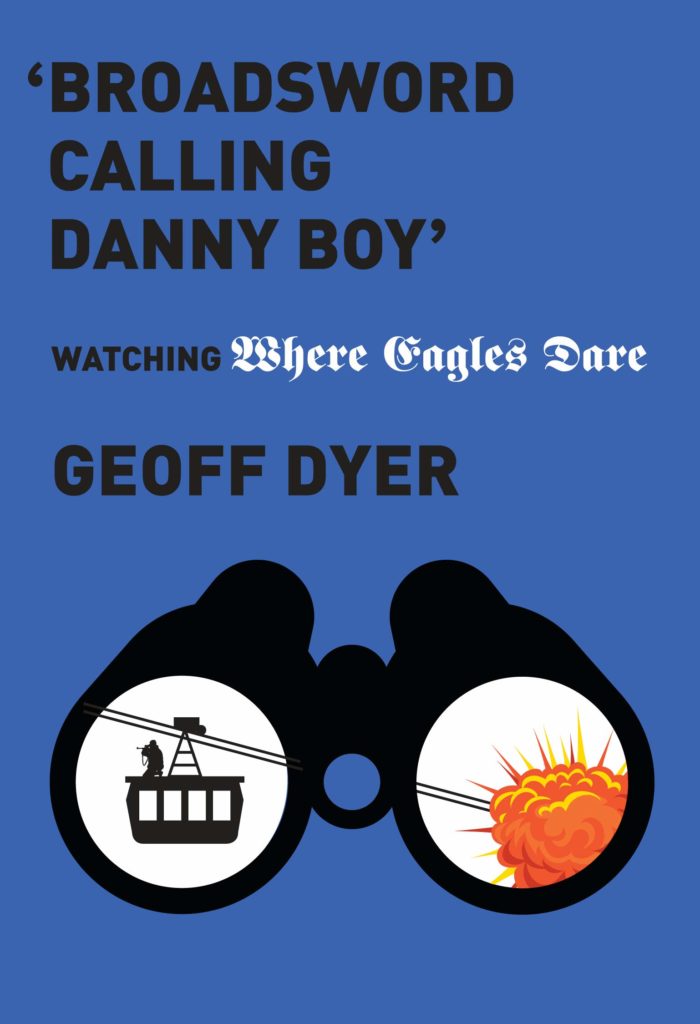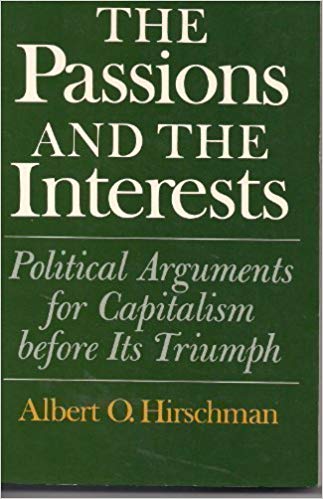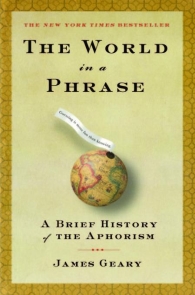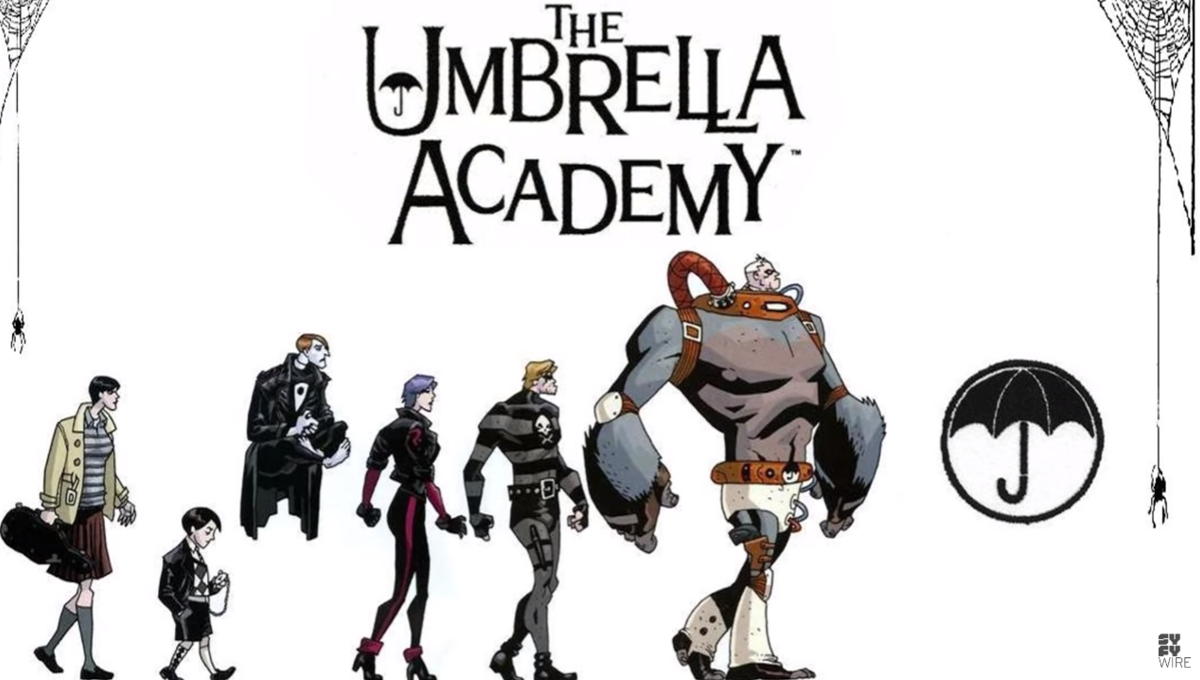

Where Eagles Dare (1968) is Steven Spielberg’s favorite World War II movie and it’s essayist Geoff Dyer’s, too. Dyer decided to write a book about Where Eagles Dare to celebrate the movie’s 50th Anniversary.
If you haven’t seen Where Eagles Dare, it’s the coolest caper WWII movie ever. Seven agents–six Brits and 1 American–are sent to Germany on a mission to rescue an American general from the Nazi’s impregnable alpine fortress, the Schloss Adler (aka, “Castle of the Eagles”). Richard Burton is the head of the team. After parachuting into Germany, one of his team is found dead. Not a good start. Burton uses Clint Eastwood, the American agent, to set a plot into motion to expose the traitor on the team.
Where Eagles Dare resembles a Mission Impossible movie set in World War II. Just when you think you know where the plot is heading, screen writer and High Adventure novelist Alistair MacLean throws another twist into the action. Geoff Dyer loves these twists and lavishes his wit on them in ‘Broadsword Calling Danny Boy’ as he gives a running commentary on the entire film. Sometimes Dyer’s comments reveal subtle aspects of the film, sometimes he’s just plain funny. If you’re a fan of WWII movies, Richard Burton, Clint Eastwood, Alistair MacLean, and impossible missions you’ll love ‘Broadsword Calling Danny Boy’. GRADE: A










